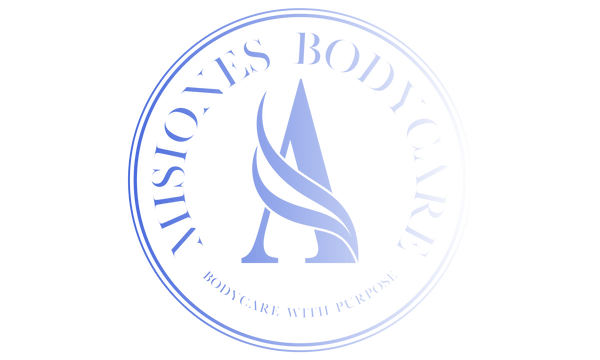Healing from the deep scars left by domestic violence is a journey that demands incredible strength and resilience. While survivors of domestic violence embark on this path with the hope of reclaiming their lives, it's essential to acknowledge the numerous challenges they face along the way. In this blog post, we'll delve into the complexities of healing as a survivor of domestic violence, shedding light on the hurdles that can make this journey so daunting
Psychological Trauma:
Survivors of domestic violence often grapple with severe psychological trauma resulting from the abuse they endured. The emotional scars can be long-lasting and impact various aspects of their lives, making it difficult to form new relationships, trust others, and even trust their own judgment. Overcoming these emotional wounds requires immense courage and therapeutic support
Self-Blame and Guilt:
A significant challenge survivors face is grappling with self-blame and guilt. Many survivors internalize the blame for the abuse they experienced, despite it being entirely undeserved. This toxic self-perception can hinder the healing process by perpetuating feelings of shame and inadequacy. Breaking free from this mindset is a vital step towards healing, but it can be a deeply ingrained belief that takes time and support to dismantle.
Rebuilding Self-Esteem:
Domestic violence can shatter a survivor's self-esteem and self-worth. The constant belittling, manipulation, and degradation can leave lasting scars on how survivors view themselves. Rebuilding self-esteem is a formidable challenge, often requiring therapy, self-affirmation, and surrounding oneself with a supportive network that reinforces their value.
Fear and Anxiety:
The trauma experienced during domestic violence can lead to persistent fear and anxiety. Survivors may struggle with post-traumatic stress disorder (PTSD) symptoms, such as flashbacks and nightmares, that make daily life feel overwhelming. Addressing these issues through therapy and other coping mechanisms is crucial to regaining a sense of stability.
Financial and Practical Obstacles:
Leaving an abusive relationship is not just an emotional struggle; it often involves practical challenges as well. Many survivors may be financially dependent on their abusers or face legal battles for custody, restraining orders, or divorce. These practical obstacles can intensify the healing journey, as survivors must navigate through these challenges while also tending to their emotional wounds.
Social Isolation:
Abusers often exert control by isolating survivors from friends, family, and support networks. As a result, survivors might find themselves without a strong support system, which is crucial for healing. Reconnecting with loved ones or building new supportive relationships can be daunting but is essential for emotional recovery.
Healing as a survivor of domestic violence is a journey fraught with challenges that extend far beyond the physical wounds. Psychological trauma, self-blame, shattered self-esteem, anxiety, financial obstacles, and social isolation are just a few of the hurdles survivors must overcome on their path to recovery. Recognizing and addressing these challenges is vital for survivors to rebuild their lives, regain their sense of self, and find the strength to thrive once again. As a society, it's essential that we extend our support, empathy, and resources to survivors, helping them navigate these challenges and find the healing they deserve.


